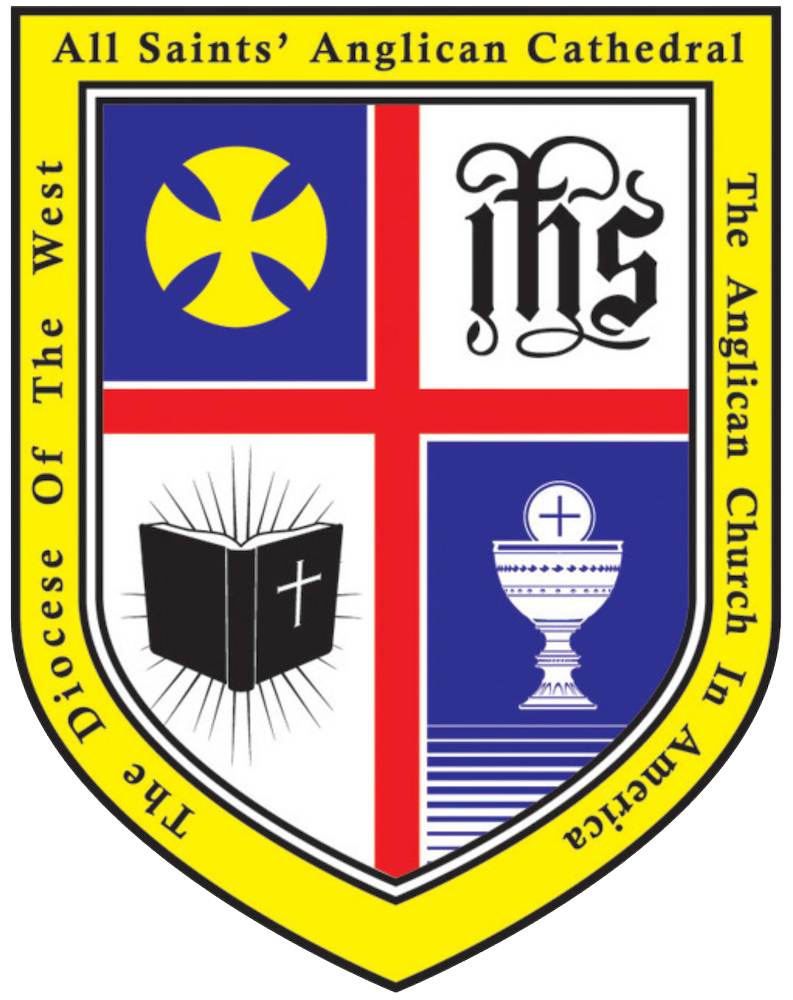Trinity Sunday
The Feast of the Most Holy Trinity is one of the newer holidays, which was not known and celebrated in this form in the first Christian millennium. However, liturgical prayers dedicated to the Most Holy Trinity, including the eucharistic preface, are known since the 6th century.
Pope Alexander II (1061–1073) refused to establish a special holiday dedicated to the Holy Trinity, but from the time of his successor Gregory VII (1073–1085) there are records that in some places the Sunday after Pentecost was already celebrated with corresponding liturgical texts. It was only in 1334 that Pope John XXII established the Feast of the Most Holy Trinity, celebrated on the Sunday following Pentecost, and made mandatory in the entire Western Church.
The traditional Introit for the Feast of the Most Holy Trinity is as follows: “Blessed be the holy Trinity, and the undivided Unity: we will confess Him because He hath shewed His mercy upon us. O Lord our Governor: how excellent is Thy Name in all the world!”
The traditional Epistle of Pentecost was Romans 11:33-36, which glorifies the unfathomable riches of God’s wisdom and knowledge and ends with a beautiful doxology: “For of him, and through him, and to him, are all things: to whom be glory forever. Amen.”
The traditional Gospel for Trinity Sunday was Matthew 28:18–20, the Great Commission: “Go ye therefore, and teach all nations, baptizing them in the name of the Father, and of the Son, and of the Holy Ghost.”
In the Anglican tradition, however, the Scripture readings for Trinity Sunday are different. Instead of the Epistle, the reading from the book of the Revelation describes the heavenly liturgy before the throne of God in heaven, and the Gospel reminds us of the conversation between Jesus and Nicodemus, to whom Jesus tells that to enter the kingdom of God, we must be born of water and the Spirit.
The message of the Feast of the Most Holy Trinity is twofold: on the one hand, it testifies to the greatness of the Triune God, and on the other hand, it reminds us that the God in whom we believe has loved us so much that He has given His only-begotten Son for our redemption. He sent His Spirit to regenerate us as His children and lead us to eternal life, where we too can join in the most wonderful liturgy before the throne of God and His Lamb in heaven.
